Category: Updates
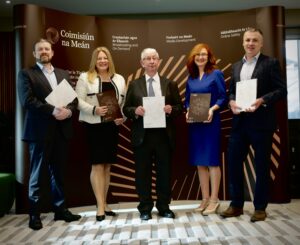
Read our new Strategy Statement and Work Programme
Strategy is built on six key outcomes – Children, Democracy, Trust, Irish culture and media, Diversity and inclusion, and Public safety Coimisiún na Meán has today (24.04.25) published its first three-year strategy, which sets out the organisation’s vision for a vibrant and healthy media landscape in Ireland. The Strategy Statement 2025-2027 is accompanied by a […]

Advertising Standards Authority (ASA) signs agreement with Coimisiún na Meán
The Advertising Standards Authority, the independent advertising self-regulatory body responsible for promoting, regulating and enforcing the highest standards of marketing communications in Ireland, has signed an agreement with Coimisiún na Meán to establish a framework of cooperation between both organisations in matters of common interest relating to advertising and commercial marketing communication. The cooperation agreement […]
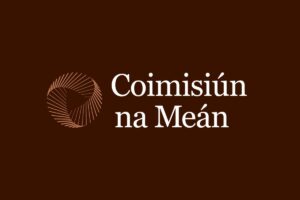
Statement on Online Threats
In recent weeks, we have seen a rise in threats of violence online directed at politicians, public figures, and members of their families. This activity can have a hugely negative impact on those targeted and undermines our democracy. Online abuse directed at elected representatives can have a chilling effect on democracy. Threatening violence online is […]

Statement regarding High Court Judgments of 20 June 2024 in Reddit Incorporated and Coimisiún na Meán and Tumblr and Coimisiún na Meán
We welcome the Court’s Judgment and the confirmation of our designation of Reddit and Tumblr as Video-Sharing Platform Services. We are moving forward with our draft Online Safety Code and expect to have it in place later this year, as part of our overall Online Safety Framework. We are committed to using our full range […]

European Commission proceedings against Tik Tok for possible breaches of EU Digital Services Act
Coimisiún na Meán is aware that the European Commission has initiated formal proceedings against Tik Tok for possible breaches of the Digital Services Act (DSA). Coimisiún na Meán will provide assistance to the European Commission in this investigation. Coimisiún na Meán is Ireland’s body for regulating broadcasters, on-demand services, and online media, and supporting media […]
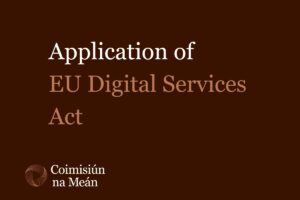
Coimisiún na Meán welcomes application of the EU Digital Services Act
New EU rules will apply to online services from the 17th of February 2024. Coimisiún na Meán, Ireland’s body for regulating broadcasters, on-demand services, and online media, and supporting media development, has today (16.02.2023) welcomed the imminent application of the EU Digital Services Act (DSA) which comes fully into force in Ireland and across the […]
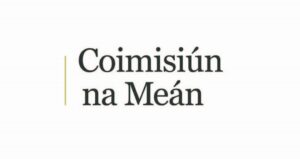
Letter to editor regarding age verification and media commentary in relation to draft Online Safety Code
Copy of a letter sent to the editor of the Irish Times by Executive Chair Jeremy Godfrey on January 25th. Karlin Lillington’s technology column of January 25th in the Irish Times badly mischaracterises Coimisiún na Meán’s proposals in relation to age verification by online video-sharing platforms. She accuses us of proposing to create a porn […]

Broadcasting & video-on-demand Updates
Celene Craig to step down from Broadcasting and Video-on-Demand Commissioner role
After more than thirty years in media regulation, Celene Craig has decided not to seek a full five-year term as Broadcasting and Video-on-Demand Commissioner when her current term expires in March this year. Celene, formerly the CEO of the Broadcasting Authority of Ireland, was appointed as Broadcasting and Video-on-Demand Commissioner for an initial one-year term […]

Digital services Online safety Updates
Engagement with Platforms following violent incidents in Dublin last week
As soon as Coimisiún na Meán became aware of the horiffic stabbing incident in Dublin last Thursday, we contacted large platforms to alert them to the incident and raise concerns about the spread of violent imagery and the incitement of hatred and violence online. On Friday, along with the European Commission, we met with these […]
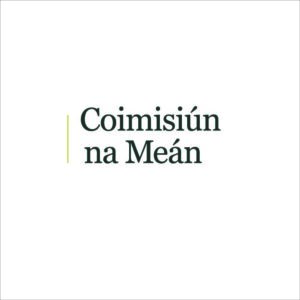
Coimisiún na Meán launches recruitment campaign for a range of roles
New media commission will continue to hire on a rolling basis over the year – 120 new staff to be recruited initially Ireland’s new media regulator and media development agency, Coimisiún na Meán has launched a recruitment campaign for senior staff members to join its team. Established to build on the work of its predecessor, […]